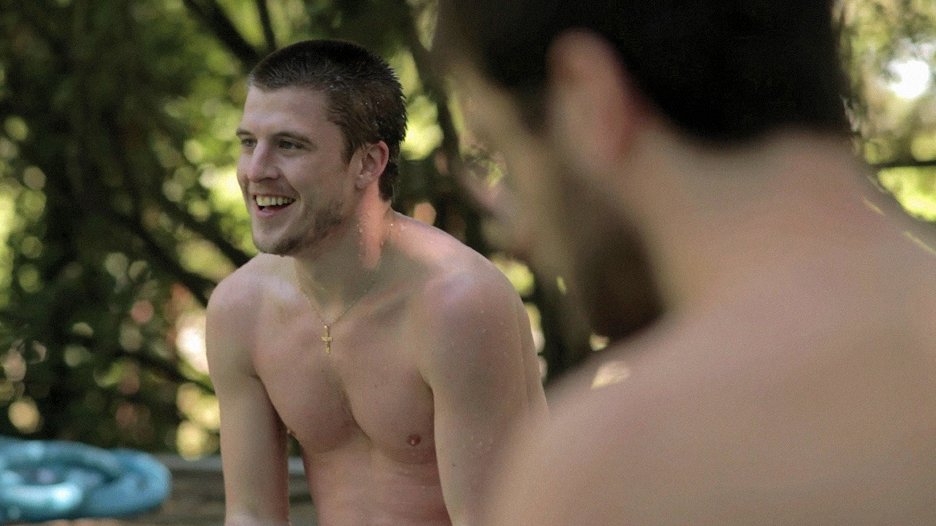Martín is struggling with financial difficulties, having lost his job and his home. He returns to his hometown, wandering aimlessly until he stumbles upon an old summer house where his childhood friend, Eugenio, is staying. Eugenio, who comes from a wealthy background, is spending his summer alone, working on a book. When Martín asks for work, Eugenio hires him for small tasks around the house. Although they haven't seen each other in years, there is an immediate sense of familiarity between them, but also an unspoken tension. Martín, who is proud and reluctant to accept charity, keeps his struggles to himself, while Eugenio remains kind yet somewhat oblivious to Martín’s hardships.
As the summer progresses, the two men spend more time together, engaging in simple yet intimate activities—repairing the house, sharing meals, and reminiscing about their childhood. There is an underlying attraction between them, but neither acknowledges it directly. Martín, deeply aware of the social gap between them, keeps his emotions guarded, fearing rejection and humiliation. Eugenio, on the other hand, is more open yet hesitant, perhaps unsure of Martín’s feelings or unwilling to risk their friendship. The slow and quiet build-up of their connection is marked by stolen glances, lingering touches, and moments of unspoken yearning.

Despite the growing closeness, Martín’s insecurity becomes a barrier. He constantly questions his place in Eugenio’s life, afraid that he is only there out of pity. This internal conflict leads him to pull away at times, even as Eugenio tries to keep him close. The tension between them reaches its peak when Eugenio subtly tries to express his feelings, but Martín, afraid of misinterpreting the situation or being rejected, avoids responding directly. Their dynamic becomes a delicate dance of push and pull, where emotions remain just beneath the surface, waiting to be acknowledged.
As summer nears its end, the weight of unspoken words threatens to separate them. Martín, feeling out of place and unwilling to be dependent on Eugenio, considers leaving. However, in a moment of vulnerability, Eugenio finally confronts his emotions, confessing his feelings in a quiet yet powerful way. Martín, after struggling with his own fears and doubts, allows himself to accept what he has wanted all along. Their reunion, marked by tenderness and relief, serves as a cathartic resolution to the tension that has been building throughout the film.

Hawaii is a masterfully crafted story of repressed emotions, class differences, and the difficulty of expressing love. The film’s slow pace and minimalistic dialogue create an intimate atmosphere, allowing the chemistry between the two leads to shine through subtle gestures rather than grand declarations. Marco Berger’s direction focuses on body language and silences, making every glance and touch meaningful. The film leaves viewers with a sense of quiet longing, showing that sometimes, love is about overcoming fear and allowing oneself to be vulnerable.





